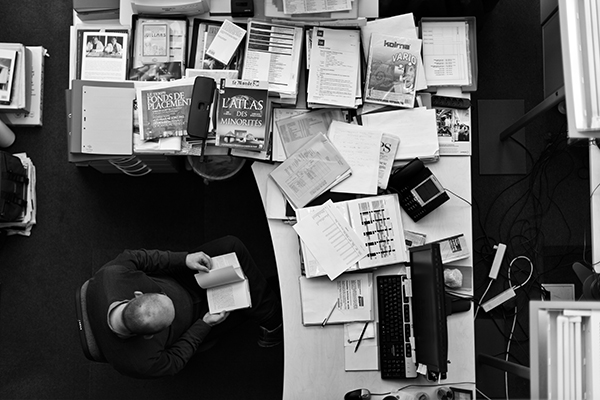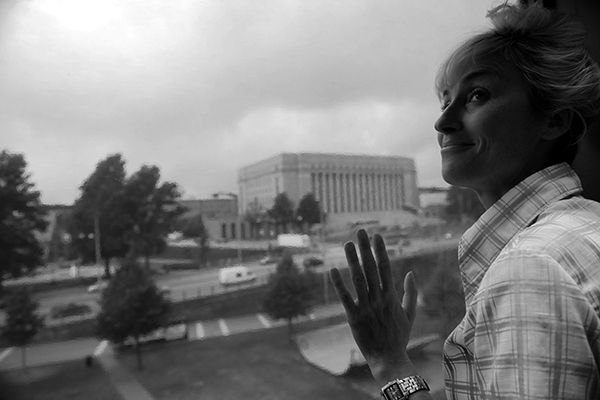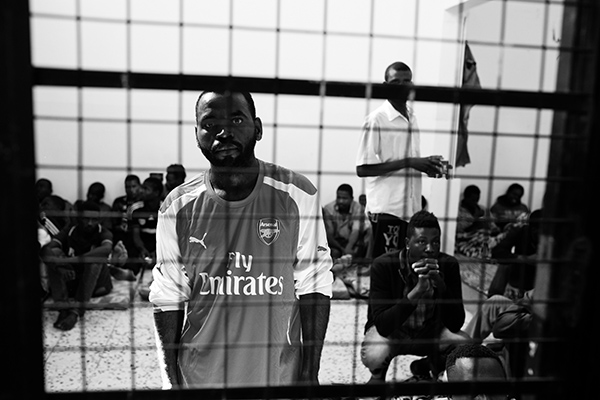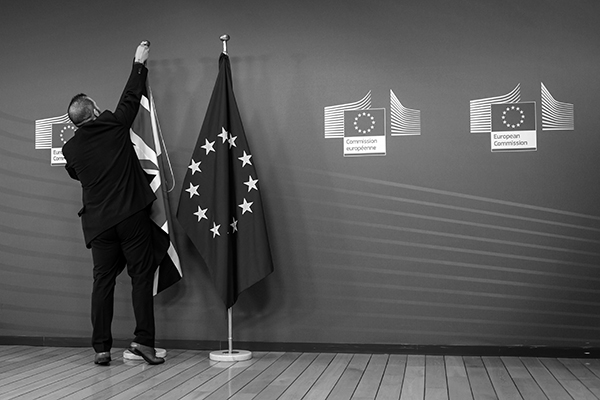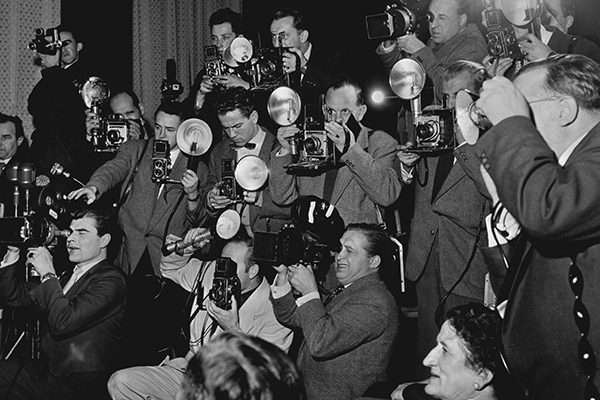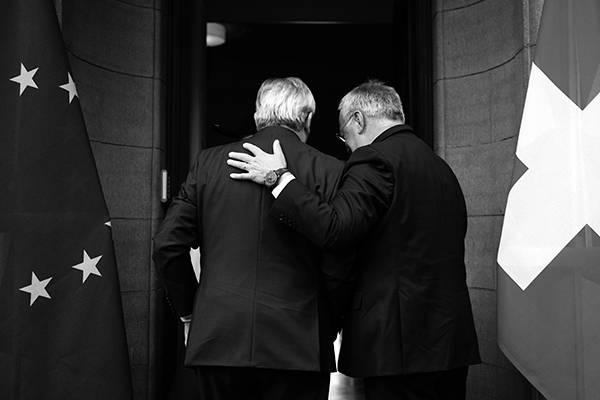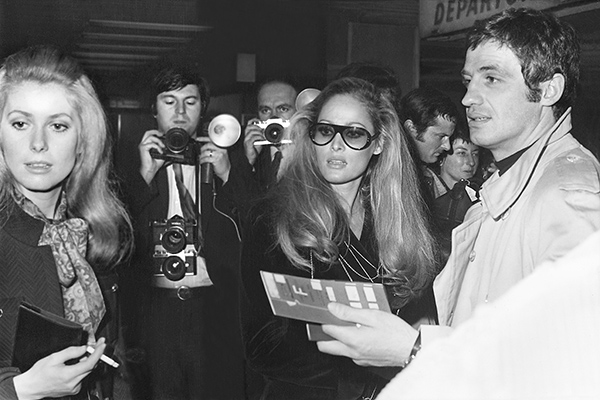I. Position
A The traditional media have changed radically since the rise of the Internet and social media. Not only have its distribution channels multiplied. There are now countless new information websites and propaganda pages that influence public debate. In addition, journalists can reach the public directly without utilizing the traditional media. This development presents new questions regarding the Press Council’s area of responsibility.
B The Foundation of the Swiss Press Council instructed the Council in a meeting on November 21, 2017 to propose possible changes to the Council’s statutes designed to more clearly define its area of responsibility.
C At a meeting on January 26, 2018, the Council’s Presidency decided to put together a working group examining these questions more closely. After consultation with members of the Council the group was composed of Michel Bührer, Jan Grüebler, Michael Herzka, Denis Masmejan, David Spinnler, Dominique von Burg (chairman) and Ursina Wey.
D The group reached two basic conclusions in meetings on March 12 and May 7, 2018. One covers social network journalists and the other information websites.
E The present decision, adopted by the Council’s Plenary on May 24, 2018, and by correspondence, deals with the Council’s area of responsibility in regard to information websites.
II. Considerations
1 Article 2 of the Council’s statutes defines its area of responsibility as follows: «The responsibility of the Swiss Press Council covers the editorial staff or related professional questions pursuant to all public, periodical and/or current media.» However, with the emergence of the Internet and the multiplication of information and commentary in the borderline area between journalism, activism, propaganda or simply expression of free speech, the traditional definition of the media is fast disappearing. As a result, the area of responsibility of the Press Council has also become unclear. The goal of the following conclusion is to clarify this situation. The Council had already communicated before that it intended to reevaluate and examine the need for a clarification of its statues (conclusion 48/2017).
2 In the year 2000, the Council had examined and recognized responsibility for publications on the Internet (36/2000). The Council concluded then that there was no reason to exclude the Internet only because it is purely digital. This position has not changed. The digitalization of the media makes this conclusion even more relevant today. The form of information distribution is no longer a determining factor and, therefore, cannot be taken as the criterium for the responsibility of the Press Council.
3 At the same time, the Press Council had decided that not everything published on the Internet did come within its responsibility (62/2008, 48/2017). Examining and judging professional ethics is only sensible in cases of publications that work with accepted journalistic methods. Such a limitation excludes the majority of what appears on the Internet. Based to an extent on the preamble of the Council’s declaration «Duties and Rights of Journalists» (following «declaration»), the Council has defined the work of journalists as follows: «Journalists gather from independent sources material that they then assemble, order and work with to present information, interpretations and commentaries that are understandable to a wide public» (36/2000; 1/2006).
4 In cases where the journalistic qualifications of a publication are uncertain, the Council will look into it if those responsible for the publication claim that they follow professional standards. If this is the case, the Council accepts that the publication falls within its area of competence. As an example, the Council agreed to examine an article in the newspaper of a church community because the newspaper insisted that it worked according to professional standards and, in addition, held to a professional charta (21/2011). In another case, the Council accepted to judge an advertising supplement, which included editorial content, because the publisher emphasized in answer to a complaint that the supplement followed professional journalistic standards (7/2016).
5 The massive development in the public exchange on the Internet through websites, social networks, platforms, blogs or newsletters justifies a new and thorough look at the Press Council’s duties. The influence of new media on the public – especially in regard to elections and referendums, as well as to the increase in «Fake News», resulting in the risk of manipulating public opinion – puts journalistic ethics as previously conceived in a challenging situation. In its considerations, the Swiss Press Council has also taken into account the various measures that are being debated elsewhere in answer to these problems: be it on the legislative level (Germany, France), self-control through the media itself (Journalism-Trust-Initiative) or through advertising organizations, especially Facebook.
6 Against this background, the Press Council will continue to be one of the main instruments to ensure the rules of journalistic ethics which the media profession has agreed to, in order to also ensure its credibility and independence in the digital age. Even if the digital revolution has greatly broadened the boundaries of journalism – «Citizen Journalism», for example – it is essential to stand by accepted professional ethics.
7 From the standpoint of the Swiss Press Council, the main criterium for its admitting a case is ensuring the journalistic character of a publication, according to digit 3. Possession of a press accreditation or an income primarily from journalism cannot serve as sole criteria. Voluntary acceptance of rules, is also insufficient as this would mean that present rules were not accepted.
8 Journalistic publications must be based on journalistic activities and journalistic objectives. Pure propaganda is therefore ruled out, as well as publications from political parties, business organizations or from associations where controversial content contains militant or ideological statements without regard for independence and pluralism.
III. Conclusions
1 The Swiss Press Council’s field of activity covers all journalistic publications regardless of their form of distributions or regularity of appearance.
2 A publication is considered to be journalistic if it has as its objective the independent gathering of information, content, news and other material that is then truthfully weighed, judged, interpreted or commented. Therefore, pure propaganda is excluded.
